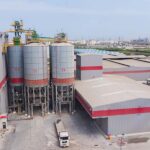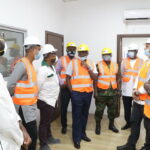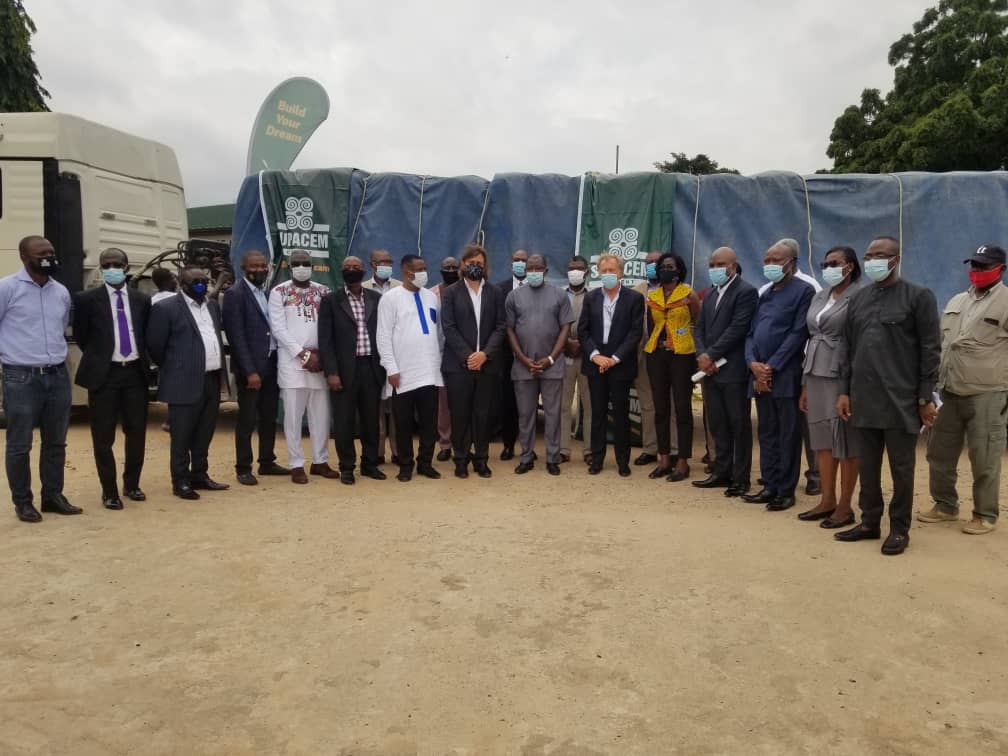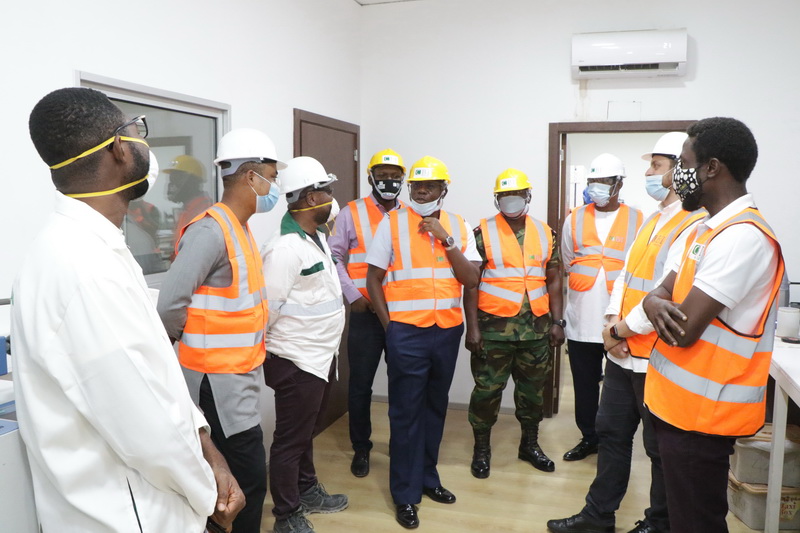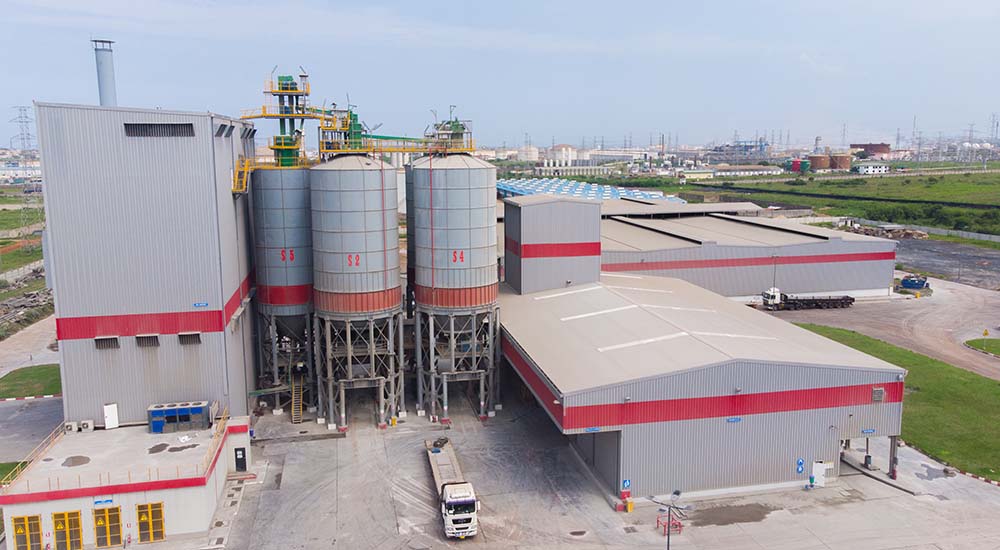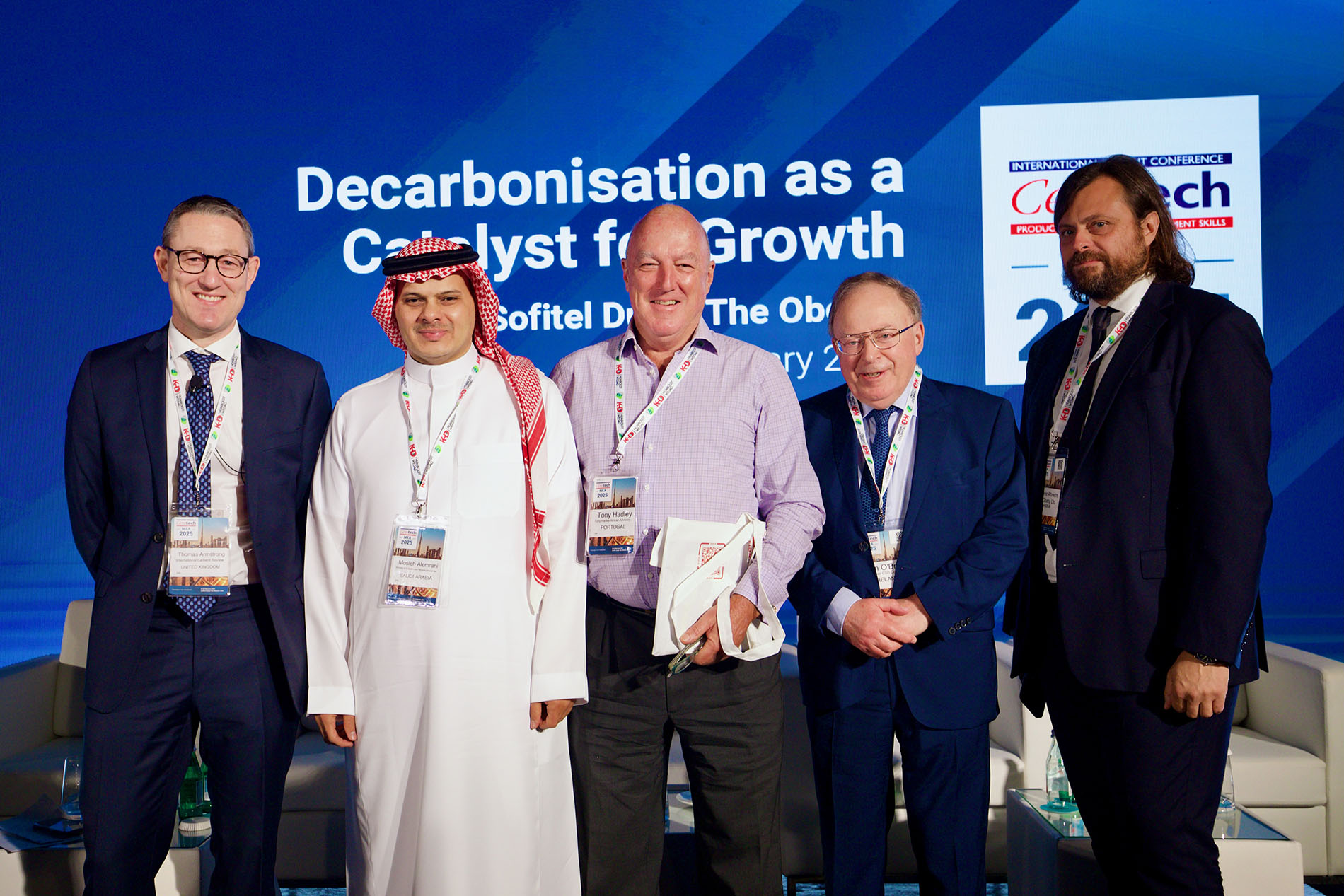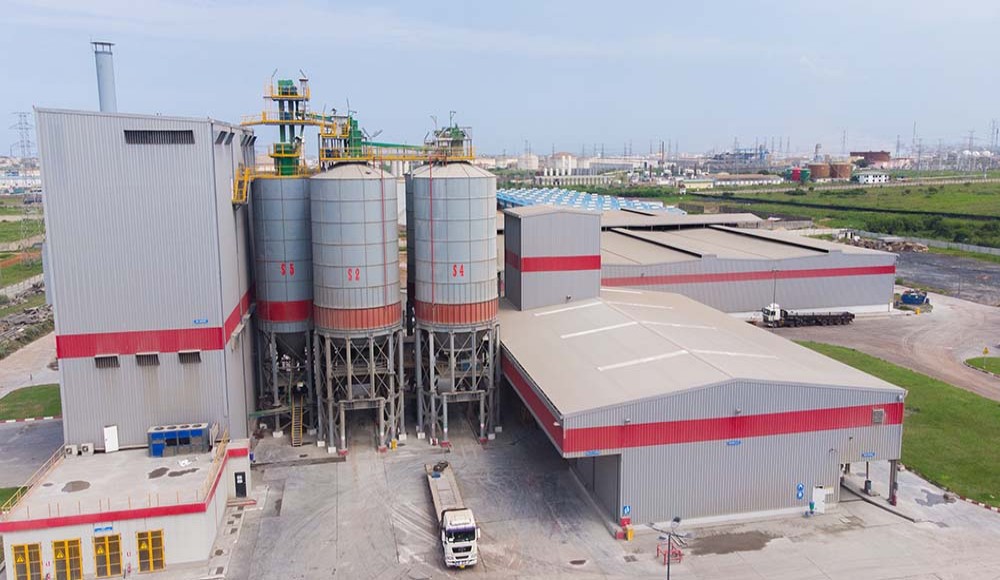
Hey, like this? Why not share it with a buddy?
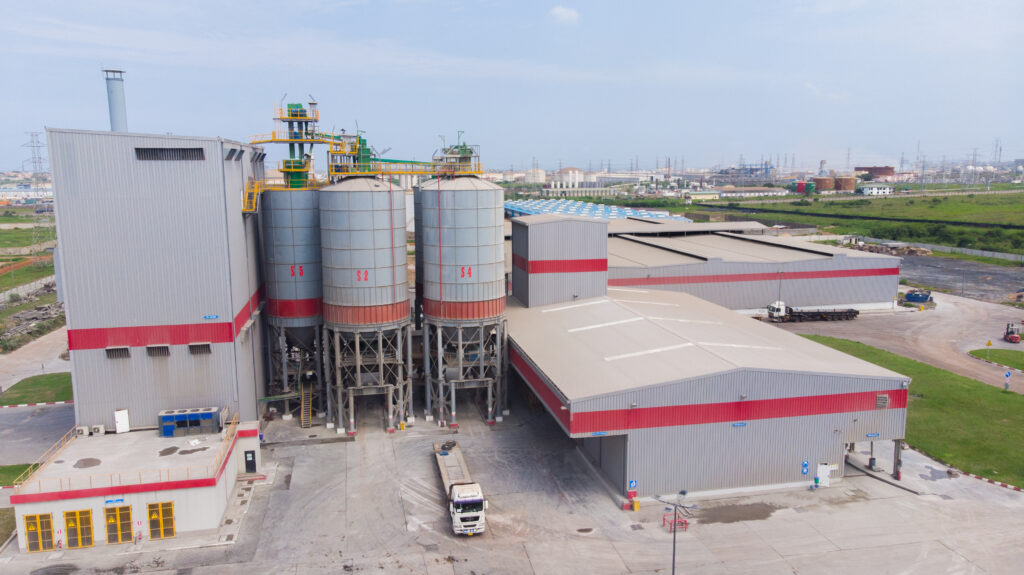
$80-million plant will increase cement value-for-money competitiveness, reduce raw material imports, create jobs, and reduce CO2 emissions by 20%
CBI Ghana Ltd., producers of Supacem Cement, have signed an $80-million contract to construct the world’s largest Calcined Clay Cement plant, a 405,000-ton-per-annum plant at the Tema Free Zones Enclave. The plant will use new technology to substitute 20% of clinker, the raw material used to make cement, with environmentally-friendly clay from Ghana.
The operation of the Calcined Clay Cement plant will have a profound impact on the Ghanaian economy. By partially substituting imported clinker for Ghanaian clay, CBI will improve the value-for-money of its cement products for its customers by exceeding Ghanaian cement quality standards, while lowering raw material, energy, and fuel costs. Lower imports will also translate to reduced local demand for US dollars and help decrease pressure on US dollar exchange rates. In addition, the two-year construction period and the long-term operation of the Calcined Clay Cement plant will create hundreds of low- and high-skilled jobs for Ghanaians.
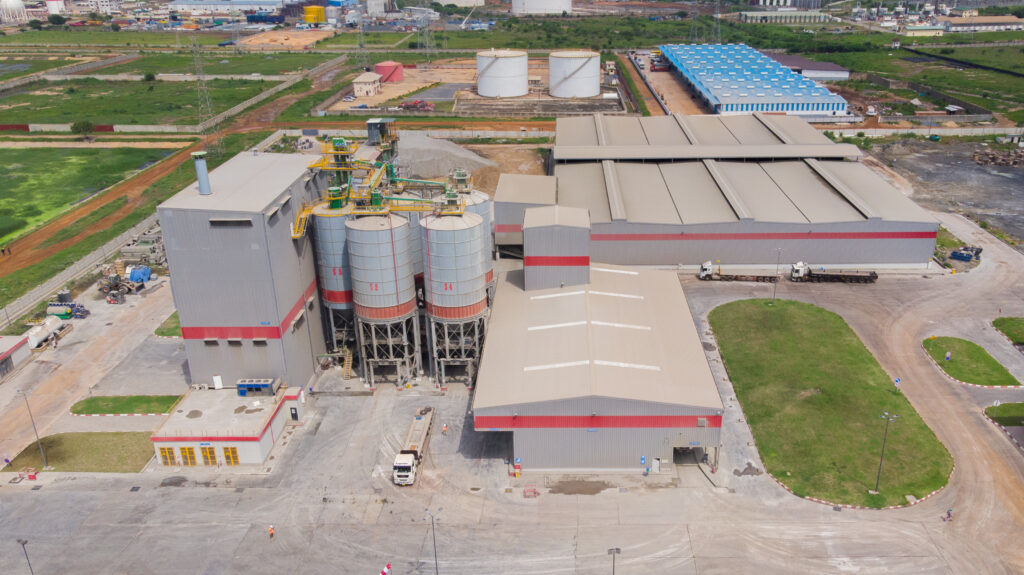
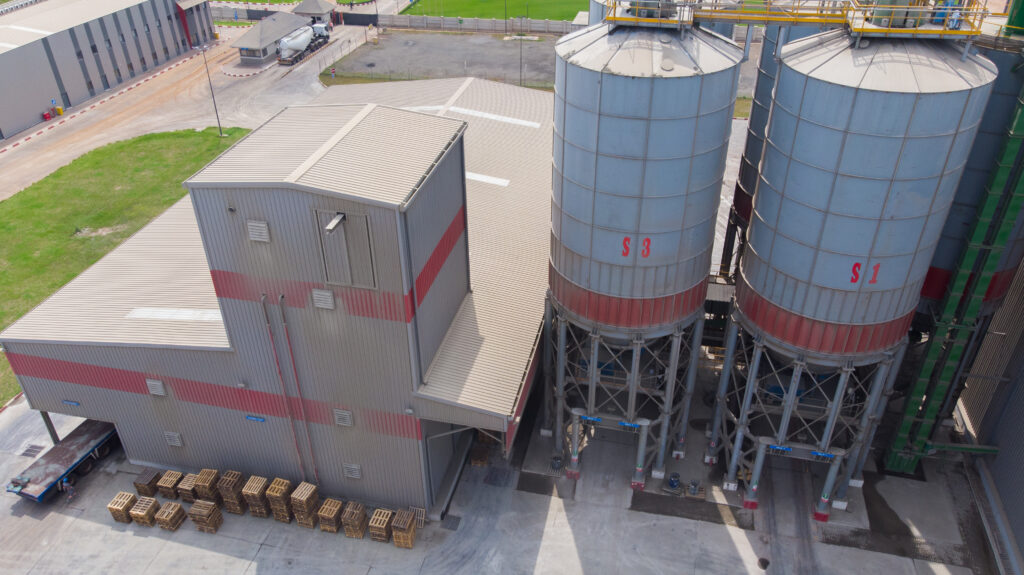
Substituting clinker with calcined clay in cement production will have immense environmental benefits. Globally, cement production accounts for about 7.5% of CO2 emissions. Using calcined clay to minimise the need for traditional, carbon-intensive clinker is a major advancement towards eliminating the negative environmental footprint from cement production. “Ghana is the perfect location for using clay as an environmentally-friendly alternative to clinker,” said Frédéric Albrecht, CEO at CBI Ghana Ltd. “West Africa is traditionally a clinker- and cement-importing region due to the lack of suitable limestone reserves. Developing countries, with their young populations and a growing need for infrastructure and housing, represents the future in cement consumption. Calcined clay cements are the most sustainable alternative to traditional clinker-based cement.”
CBI Ghana’s $80-million investment into its Calcined Clay Cement plant brings the company’s investments in Ghanaian cement industry to $130 million. The new project is financed by an international consortium including its parent company F. Scott, Societe Generale, Norfund, the Norwegian Investment Fund for Developing Countries, and EKF Denmark, with equipment supplied by FLSmidth, the world leader in cement manufacturing equipment.
External Links:

